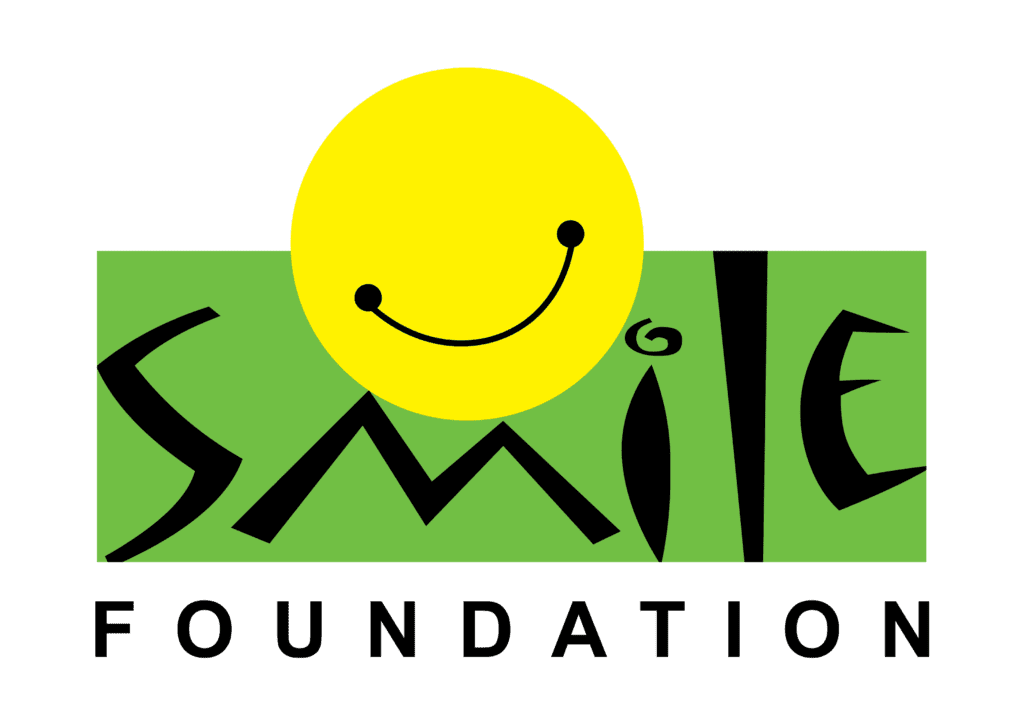VOLUME 1 - 2018

smilescapes
With all the good doctors being poached away by big hospitals in big cities, there is an immense dearth of qualified medical professionals in smaller towns, and it is nearly impossible for village dwellers to find the medical attention they need due to the dearth of such facilities in remote locations. The government medical facilities cannot keep up with the large-scale patient influx without some outside assistance. Who then is left to care for the inhabitants of these humble dwellings?
Health centres, even in Srinagar and Jammu city have a shortage of medical staff and are not readily available to village dwellers that live high up on the mountains. Jammu and Kashmir has the largest number of hospitals in the country, only second to Rajasthan, yet they are shortly staffed, poorly located and most patients prefer to suffer through illnesses they deem minor and focus on labouring for their daily wage rather than pursuing a cure. Patients who can afford such luxuries flock to the successful private hospitals that thrive on such patronage, while the poor and the secluded turn in their sheets, suffering in pain, all the while knowing that no one is going to take that one extra step to tend to their ailments. Emergency services such as ambulances that people in urban areas take for granted cannot access the isolated villages of Udhampur.
It is not just the lack of doctors that is keeping the residents of Jammu and Kashmir from receiving medical attention. With recurrent security threats, it is the poor who become most vulnerable to violence and false accusations.
Fear often keeps these people away from making the long and conceivably treacherous journey to a government hospital during times of turmoil. 75 per cent of the total population of 12.55 million people who live in Jammu and Kashmir lives in rural areas. A sizeable portion of these people live below the poverty line and have little or no access to medical services.
The Smile on Wheels mobile hospital programme has been conceptualised to cater to the healthcare needs of the unreached people in the remotest villages of India. The programme has so far provided free healthcare services to more than 10 lakh children and families. Taking our efforts to the Udhampur district of Jammu & Kashmir, we have
initiated a dedicated mobile health van that takes primary healthcare services to the doorsteps of children and families in 16 villages of the district. The project aims to complement and supplement the government health system in the area.
The terrain often presents challenges, and the inaccessibility of hospitals due to the strenuous walks up and down the mountains makes it impossible for the people living in the remote villages to avail healthcare services. The hilly terrain also means cold weather, which makes chest infections one of the most rampant ailments, followed by malnutrition, and skin and stomach related problems that mostly boil down to poor hygiene and dehydration.
To make healthcare services easily available, the Smile on Wheels mobile health van often conducts door to door visits to the community residing in Udhampur, bringing medical aid to the poor and sick who cannot walk the miles they would need to in order to reach a hospital under their former circumstances. The terrain still remains a challenge for some people, but a mere five kilometre climb down a mountain seems like a breeze when compared to the tens of kilometres these patients had to walk before the Smile on Wheels service points were based in such proximity to them.
The part of the community that once only resorted to seek medical care when under dire circumstances, and were forced to face illnesses that could eventually turn fatal, now have services like routine health check-ups, dental checks and blood sugar check-ups readily available to them. The Smile on Wheels project team has also organised a number of specialized health camps in Udhampur, wherein counselling sessions and sensitizing activities are conducted for the residents along with which they are made aware of the risks and signs of preventable ailments such as anaemia. They are informed about the importance of personal hygiene and taught simple habits which if inculcated in their everyday routines can help them stay healthy and fit.
One of the biggest achievements of the project has been the significant increase in the number of women seeking healthcare services. With women being at the greatest risk of malnutrition, anaemia and gynaecological illnesses, special attention is given to them, and sessions on women’s health are conducted during the Smile on Wheels health camps. In addition to this, the Smile on Wheels project also conducts the School Health Programme under which the team visits various schools in Udhampur to make children aware of the steps and precautions they should take from an early age to take care of their health and well-being.
Dr. Sardari Lal Dalia has been working on the Smile on Wheels project in Udhampur for over a year now and has already treated more than six thousand patients. He shares, “ I feel joy working with my patients. I feel like I can truly help so many people with each day that I spend here. My patients and I have a very close bond. They tell me that they feel better knowing that medical care is always available, and just that sense of security wards off the harshest of illnesses.”
Krishni Devi is a 76-year-old woman who lives in the village of Chirri, located five kilometres above the base service point. She was a patient of weakness and hypertension. There is no better health service or transport available to people like her, but she did not let the topography weaken her resolve to get better, and visited the mobile hospital regularly. She is now happy and healthy and nothing stops her from going about her business as usual.
The Smile on Wheels mobile health project in Udhampur propagates the “prevention is better than cure” ideology and focuses on spreading awareness among the community, constantly by organising awareness programmes on health care, hygiene maintenance and nutritional education. The dedicated doctors and paramedical staff are striving to provide the best possible medical care to the people, always serving with a smile.



